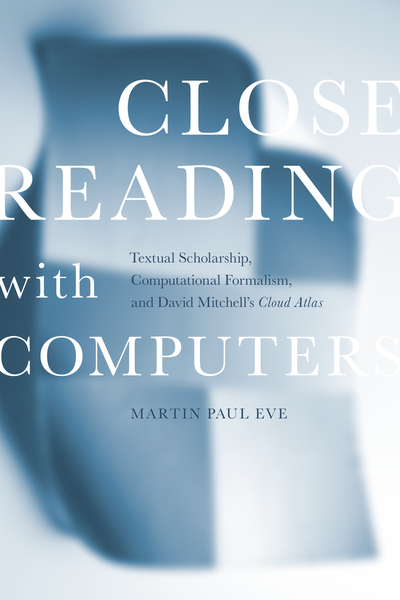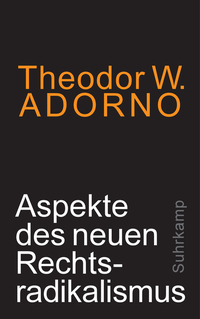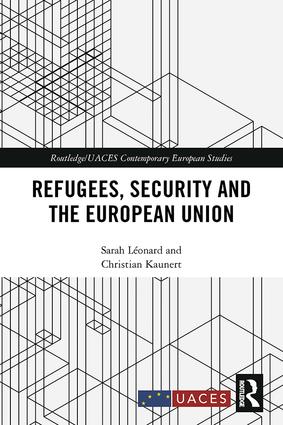

Close Reading with Computers: Textual Scholarship, Computational Formalism, and David Mitchell’s Cloud Atlas
By Martin Paul Eve
Publisher: Stanford University Press
Recommended by Hélène B. Ducros
Close Reading with Computers will appeal to literary scholars willing to interrogate how and which digital technologies can enrich their work at the micro-scale and more generally to humanists interested in testing their information literacy. The book’s objective is to propose a model experiment in order to engage with debates about the merits of quantitative and data-driven methods in textual criticism and highlight some of the opportunities that a digital approach could bring to the practice of “close reading.” By unpacking this latter term that may sometimes be taken for granted, Martin Paul Eve teases out the differences and intersections between close reading and distant reading and explains how quantification intervenes in each of these processes. He also addresses some of the mistaken assumptions made about computational methods―for example in terms of task economy or scale of approach. Using Cloud Atlas by David Mitchell―a novel he describes as plural, “multigeneric,” “genre shifting,” “genre-bending,” or “historico-generic”―as a case study and exemplar, he advocates for a “medium-distance” strategy in a literary analysis form that focuses on language structures, textual aesthetics, and authorial intent. Databases, coding, analytics, tree plotting, cluster-analysis, z-scores, and statistical programming R all find their place in Eve’s book. By providing and putting in practice a digital kit for the study of literature, he demonstrates the kind of analytical outcome that the digital field can afford the world of books, and endeavors to build bridges between both realms for a deeper interpretation of literary products.
 Aspekte des neuen Rechtsradikalismus: Ein Vortrag
Aspekte des neuen Rechtsradikalismus: Ein Vortrag
By Theodor W. Adorno
Publisher: Suhrkamp
Recommended by Nick Ostrum
A lecture delivered to the Verband Sozialistischer Studenten Österreichs at the University of Vienna in 1967, Aspekte des neuen Rechtsradikalismus (Aspects of the New Right-Radicalism) has only recently been transcribed from the original tapes and published for the first time in writing. As everyone, from the editors of the text to numerous German media outlets, has noted, its publication, just over 50 years after its initial delivery, is timely. Adorno spoke in a particularly tense period when the postwar West German economic boom was waning and the far-right National Democratic Party of Germany (NPD) was threatening to gain enough popular support to secure representation in the Bundestag. His message and analysis, however, rings strikingly current. Adorno begins by outlining his intentions: not to develop a complete theory of right radicalism or to displace other analyses, but to interject a few of his own insights into the discourse. From there, he examines the persistence of the preconditions for fascism – capital concentration, technological advancement and job automatization, and growing vulnerabilities of sections of the bourgeoisie. From these processes of deprivileging and “declassing” (Deklassierung) grow resentments not so much against the system that facilitated such changes, but against the socialists, whether real or imagined (31), and those seen to gain from this decline: those the radical right seeks to “other” from the national community, including Jews, migrants (“foreign workers”), and others.
Frequent readers of Adorno will not find much surprising in this talk. However, the real value of this book come in its concision, readability (especially for Adorno), and its continued relevance. Except for a few references, one can and should take this speech as an analysis and indictment of our current situation, when these same forces of nationalism, right radicalism, and neofascism are rearing their heads in reaction to the hyper-technologized, neoliberal, and deindustrializing (read: declassing) present. It is not a perfect prescription for our contemporary ailments, but, as Volker Weiß’s illuminating afterward argues, it does give us perspective, decades-old, into their roots.
 Flamenco Nation: The Construction of Spanish National Identity
Flamenco Nation: The Construction of Spanish National Identity
By Sandie Holguín
Publisher: University of Wisconsin Press
Recommended by Louie Dean Valencia-García
Sandie Holguín’s Flamenco Nation: The Construction of Spanish National Identity explains how flamenco, once “castigated as a degenerate form of song and dance associated with both the Gypsies, a despised ethnic minority in Spain, and Andalusia, a region often derided as backward, [became] inexorably tied to Spain’s national identity.” Holguín’s study brings together pressing questions centered around the frictions and synchronicities of gender, ethnicity, regionalism, and nation. While flamenco has been much written about in a variety of disciplines, historians have largely stayed away from the topic, making Holguín’s book not only novel for its topic but also its historical approach. Holguín sets the stage for her book by giving a broad overview of flamenco’s origins in Gitano culture at the end of the eighteenth century. She then presents a well-argued case as to how flamenco was used as political tool in regional, national, and international politics over the course of the following century. In the aftermath of the Spanish Civil War (1936-9) Spain’s vibrant flamenco culture was once again relegated to margins temporarily, until the 1950s, when flamenco became an important part of Spain’s tourism industry in the later twentieth century. Holguín skillfully demonstrates how flamenco “emerged as a result of cultural hybridity.” By using flamenco as a lens, she provides new insights into understanding how Spanish national identity was constructed through careful primary source analysis—having researched in eighteen archives or special collections. Holguín’s book is that of an historian at the top of her game.
 Refugees, Security and the European Union
Refugees, Security and the European Union
By Sarah Léonard and Christian Kaunert
Publisher: Routledge
Recommended by Daniela Irrera
In this book, Sarah Léonard and Christian Kaunert focus on the securitization of asylum-seekers and refugees in the EU, by shedding new light on its meaning and advances. The book delves into three main aspects. First, the authors depict the historical and institutional developments of the asylum policy framework within the EU, which have contributed to building and consolidating a wide variety of rights for these two categories of people. Secondly, they investigate the Common European Asylum System (CEAS) as a more advanced way of guaranteeingregular access to asylum systems in EU states. However, they observe that the outcomes have been very far from expectations. Asylum-seekers and refugees have rather suffered inequalities and discrimination. This is mainly explained through the third aspect, that is to say, the securitization of terrorism and the rising of security paradigms, which have linked irregular migration to terrorism following the terrorist attacks that have taken place in Europe over the last few years.Based on a theoretical framework that refreshes security studies and the literature on securitization, the authors greatly contribute to the scholarly debates about refugees, while providing interesting insights for practitioners and policy-makers.
Published on September 10, 2019.




